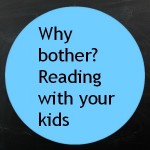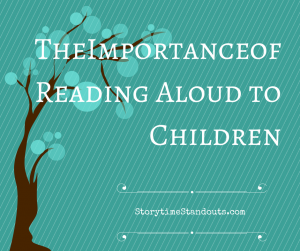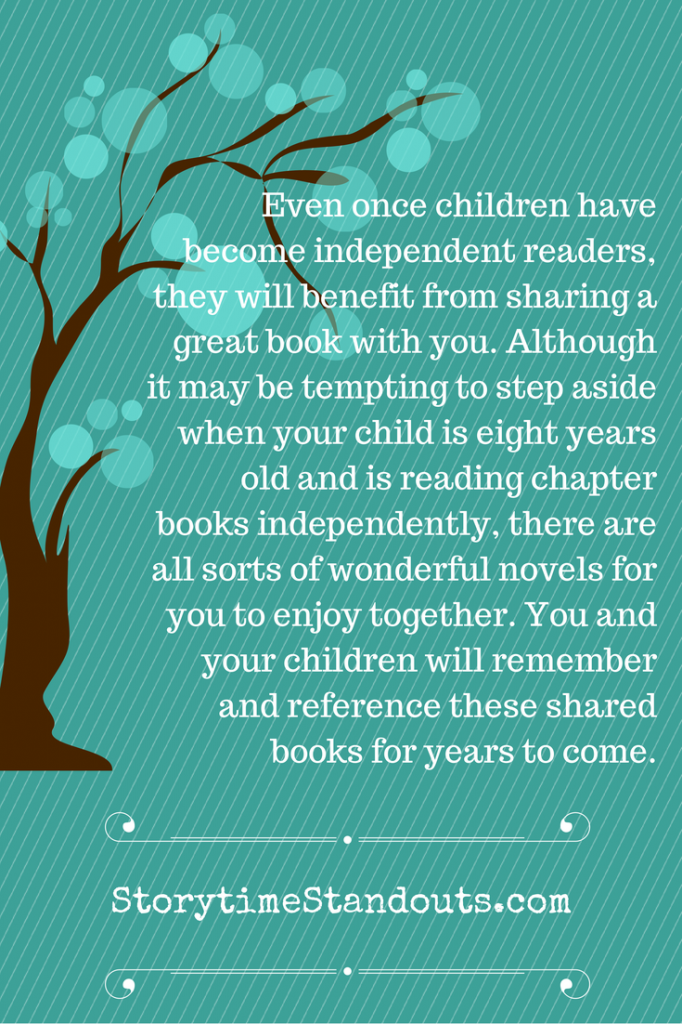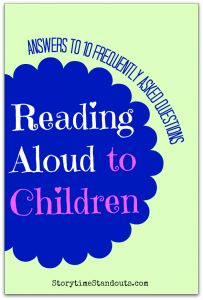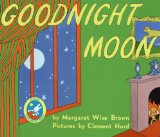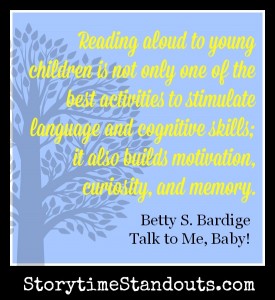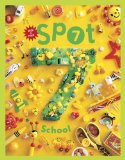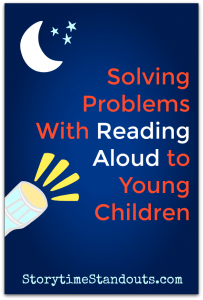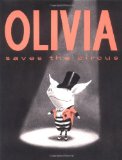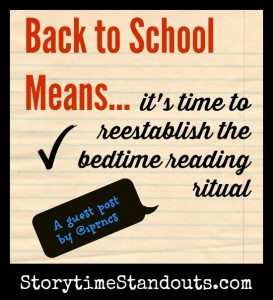 Most teachers and parents are glued to the news and various forms of social media, hoping to hear the news that public schools will be back in session on Tuesday, or at the very least, next week. It’s been a longer summer than we’re used to and it started under less than ideal conditions. I don’t know one teacher who isn’t sad about the quick way we had to say goodbye to our classes in June. But alas, all this stuff makes us stronger, right? We’ll see.
Most teachers and parents are glued to the news and various forms of social media, hoping to hear the news that public schools will be back in session on Tuesday, or at the very least, next week. It’s been a longer summer than we’re used to and it started under less than ideal conditions. I don’t know one teacher who isn’t sad about the quick way we had to say goodbye to our classes in June. But alas, all this stuff makes us stronger, right? We’ll see.
In a typical summer, your child’s reading level will probably lower. This summer, because of it’s length, this is even more likely. It happens: later bedtimes, fun activities, and vacations change the routine that many of us have established through the school year. When we get back to school, we spend those first weeks reestablishing routines, both at school and at home. I can’t honestly put into words how very much I want (NEED) school to go back next week, but while we’re waiting, we can slowly start pushing ourselves and our children back into those old habits.
Getting to bed earlier, what used to be “on time”, is important. I’m not very good at this one, myself. I figure that the first week of having to get up at six thirty will curb my tendency to stay up until one a.m. For our kids though, it’s nice to ease them into it. This last week or so, we’ve been getting home earlier if we’re out, sending the kids to get ready closer to their usual time. The main reason for this is to reestablish the bedtime reading ritual.
Throughout the school year, this is one we try to hold onto tightly. The fifteen to thirty minutes with each of the girls at the end of the night is just as important to my husband and I as it is to them. Somehow, being told that it’s time to go up and read causes less confrontation that it’s time to go up to bed. One of the best things you can do for your child, regardless of whether school goes back, is get this routine going again. Get them excited about books, about reading. Maybe pick out a special book at the library or bookstore to get you back into things.
Students reading every night plays a huge role in their fluency and comprehension. Whether you’re reading to them or they are reading to you, this is a time that can result in great conversations with your kids. Why would the main character do that? Would YOU do that? What might you have done? My youngest likes to read to us but my oldest likes to be read to. Children (okay, people) are never too old to be read to. Just because your child is going into an upper grade, doesn’t mean that quality reading time has to stop. In fact, it might even be more important.
When they’re little, children are your shadow. But when they get older, they start to turn into themselves more, or to friends. That reading time at the end of the day is your chance to connect. We know how busy the days are, with school, work, activities, more activities. Building that constant into your schedule, keeping it that way, will allow for a time when your child can open up to you, if they want. They’ll know that at the end of every day, you’re checking in with them. Maybe they don’t want to open up about what boy they like or the mean girl at school, but they’ll know that you’ll be there and they can listen to your voice or that you’ll listen to them. There’s comfort in that. Our children take comfort in routine and whether school is back or not, it’s time for us to get back to it. Good luck with the first day, whenever it is.





